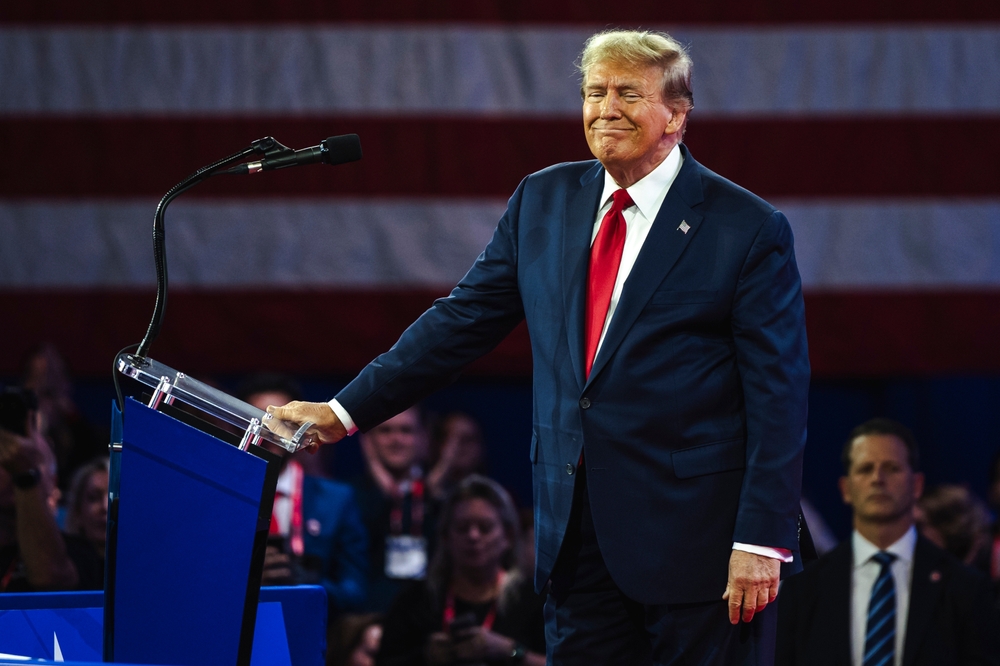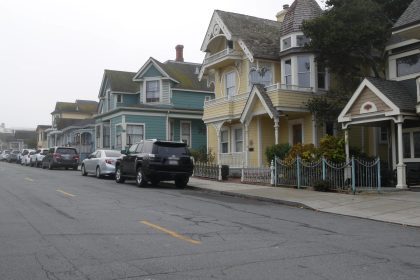In a watershed moment that challenges fundamental principles of equal justice under law, President-elect Donald Trump received his sentence in the Manhattan hush money case on Jan. 10 emerging with an unconditional discharge despite his felony conviction. The ruling highlights ongoing questions about accountability and fairness in America’s legal system, particularly regarding how justice is administered across different communities.
A precedent-setting moment in American justice
The sentencing marks an unprecedented development in American history, as Trump becomes the first convicted felon to assume the presidency. The case — stemming from efforts to suppress allegations of extramarital affairs during his 2016 campaign — has drawn widespread attention from communities historically affected by disparate treatment in the criminal justice system.
The Manhattan court’s decision to impose no jail time or fines, while legally sound given the unique circumstances of a president-elect, prompts deeper examination of systemic inequities in sentencing practices. Legal experts note that such lenient treatment for financial crimes involving multiple felony counts remains exceptionally rare for most defendants navigating the criminal justice system.
The path through higher courts
The case’s journey through the appeals process illuminates the complex relationship between power, privilege and justice in America. Despite vigorous attempts by Trump’s legal team to claim presidential immunity, the Supreme Court’s majority ultimately rejected these arguments, though four conservative justices dissented.
This ruling carries particular significance for communities that have long advocated for reforms in the justice system, as it demonstrates both the potential for and limitations of holding powerful figures accountable under the law. The decision establishes important precedents for future cases involving public officials while raising questions about equitable application of legal principles.
Understanding the impact
The court’s decision to forego traditional punitive measures has sparked intense debate about the messaging it sends to communities that have historically faced stricter enforcement and harsher penalties within the justice system. While Trump walks away without formal penalties, his conviction carries lasting implications for public trust in institutional fairness.
The prosecution’s emphasis on how Trump’s actions undermined electoral integrity and financial regulations resonates particularly strongly with communities that have consistently pushed for greater transparency and accountability in both political and economic systems. The case highlights ongoing concerns about the influence of wealth and status in determining legal outcomes.
A pattern of controversy
Trump’s latest conviction adds to an extensive record of legal challenges that have defined his political career, including:
- His unprecedented double impeachment during his presidency
- Civil court liability for sexual abuse
- Accusations of fraudulent practices in his business ventures
- Efforts to contest the 2020 election results
- Investigation into his role in the January 6 Capitol incident
These incidents collectively paint a picture of systemic challenges in ensuring equal application of the law, regardless of an individual’s position or influence. The pattern raises particular concerns among communities that have historically advocated for comprehensive justice system reform.
Looking toward the future
As Trump prepares to return to the White House, his status as a convicted felon presents unprecedented questions about governance and accountability in American democracy. The situation amplifies existing debates about systemic inequities and the need for comprehensive reform in how justice is administered across all communities.
The upcoming presidential term will test not only the resilience of American democratic institutions but also their capacity to ensure fair and equitable treatment under the law. This moment creates an opportunity for meaningful dialogue about justice system reform and the principles of equal treatment that should underpin American democracy.
Broader implications for justice reform
The case’s resolution brings renewed attention to longstanding discussions about disparities in the criminal justice system. While the specific charges focused on falsified business records, the broader implications touch on fundamental questions about equal justice and accountability that resonate deeply with communities advocating for systematic change.
The prosecution’s argument that Trump’s actions caused extensive harm to electoral integrity and financial transparency aligns with ongoing efforts to ensure that the justice system serves all communities fairly and effectively. These concerns take on added significance given the defendant’s imminent return to the nation’s highest office.
Moving forward
As the nation processes this historic moment, the focus shifts to how this precedent will influence future cases and shape the broader conversation about justice system reform. Trump’s unique position as both a convicted felon and incoming president creates an unprecedented situation that challenges traditional assumptions about leadership and accountability.
This moment in American history underscores the continuing need to examine and address systemic inequities in the justice system while maintaining the principle that no one stands above the law. As Trump begins his second term, his presidency will inevitably spark ongoing discussions about fairness, accountability and the equal application of justice in American society.
The case’s resolution, while legally complete, opens new chapters in the national conversation about justice reform and equal treatment under the law. As communities across America continue pushing for meaningful change, this historic conviction serves as both a milestone and a reminder of the work that remains in building a truly equitable justice system.















